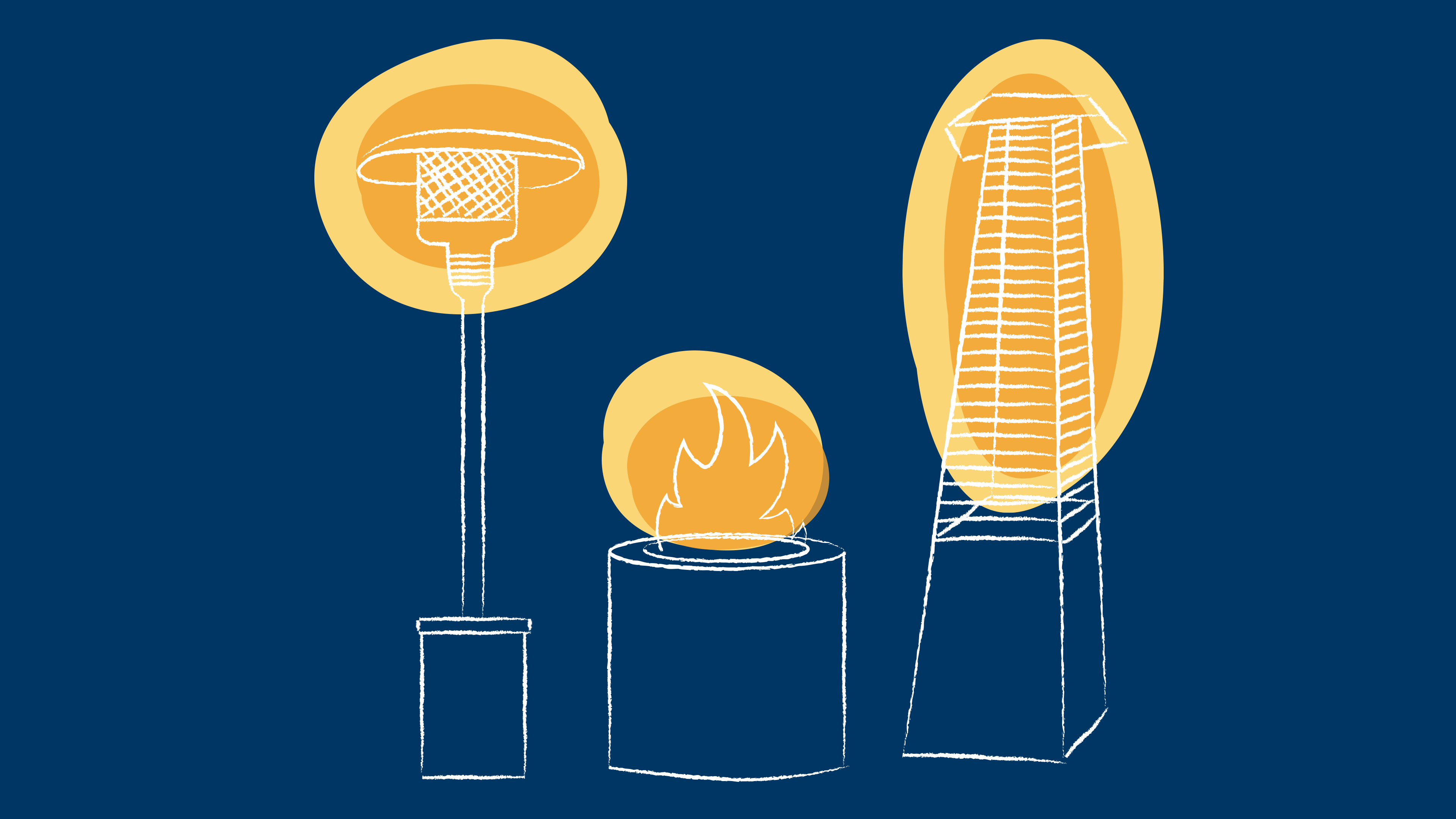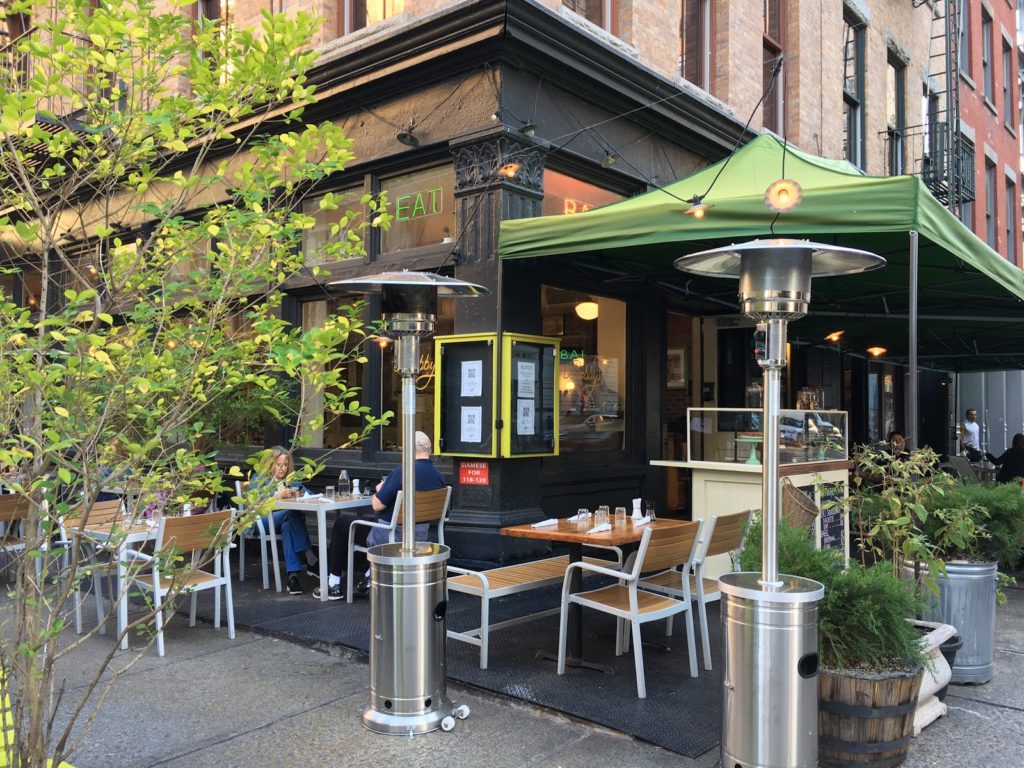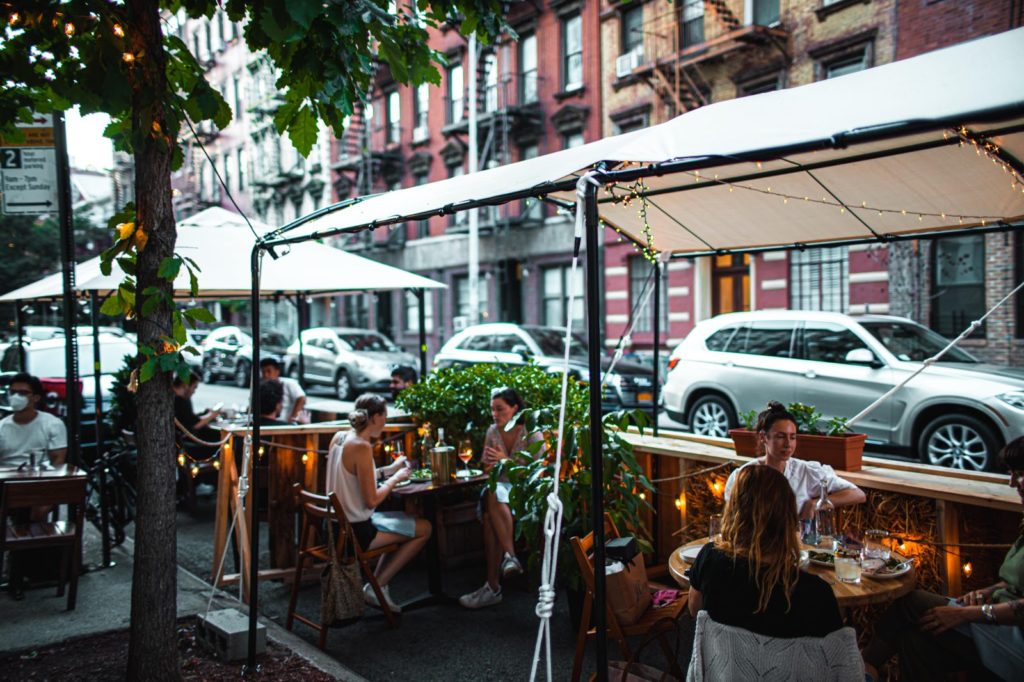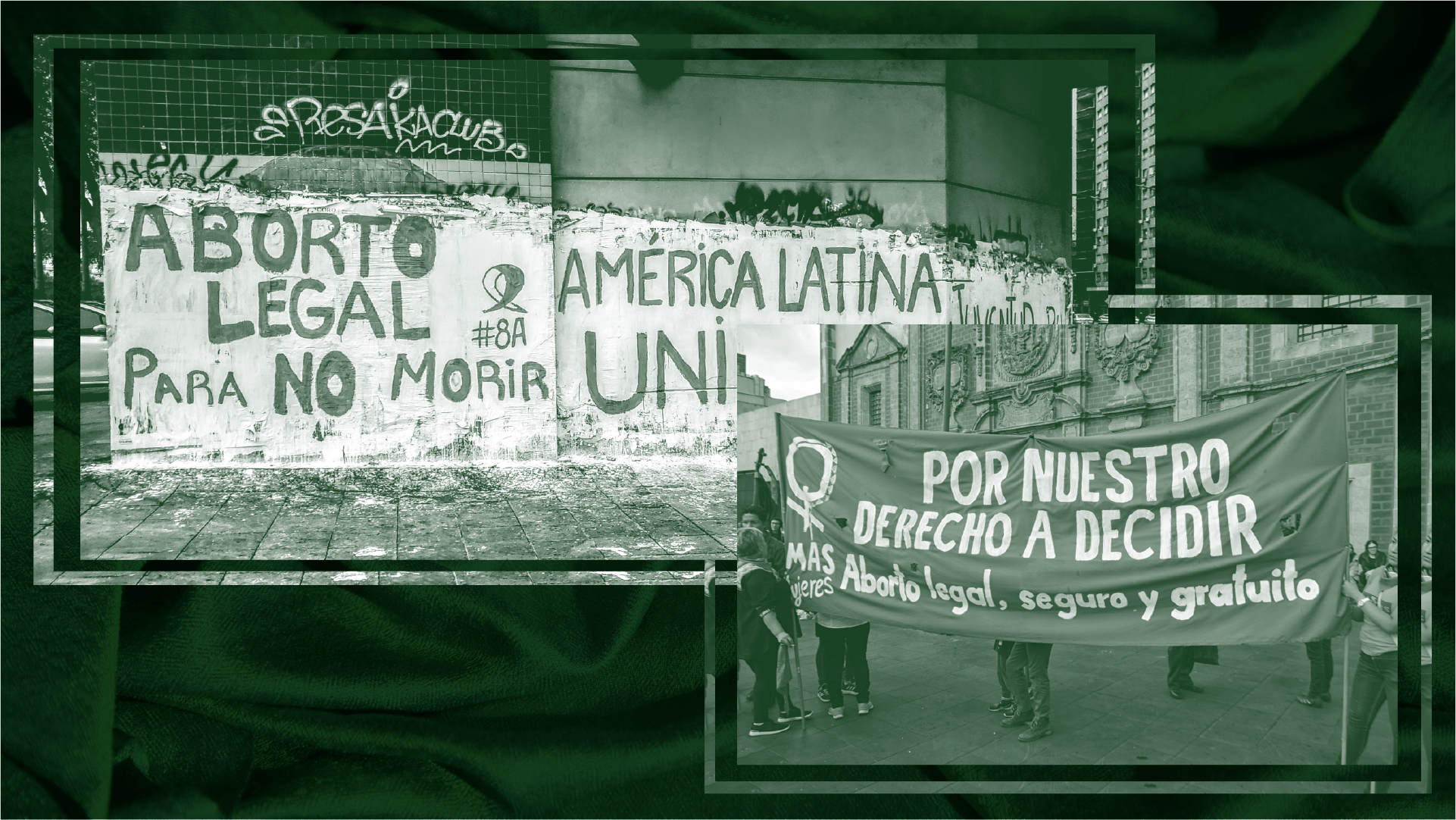
Outdoor Heaters Are Another Band-Aid Solution for Restaurants
“They are not intended to allow you to be comfortable in 0 degree weather in a snowstorm, sitting outside in a bikini.”
Despite Mayor Bill de Blasio lifting the ban on propane heaters last month — which would keep customers warm while dining outside during the winter — restaurant owners across New York City are pleading state and federal governments for additional aid, claiming that heaters are only a temporary and unsubstantial band-aid.
Propane heaters, which are less expensive than electric ones and do not require an outlet, are the latest salve, following federal PPP loans and permanent outdoor dining. But they are still a pricey investment, susceptible to poor weather conditions, and subject to a time-consuming bureaucratic permit process. The biggest complaint, though, is that heaters don’t provide the long-term financial support restaurant owners are asking for, like rent relief or another stimulus package.
Ron Silver, the head chef and owner of Bubby’s, a popular brunch spot that serves American food, told The Interlude via email that the hospitality industry was one of the hardest hit by the coronavirus crisis and wants the government to collaborate with restaurants.
“With the vast majority of restaurants seriously struggling to survive and pay rent, we need the Mayor, Governor, City Council, and landlords to really work with us and provide us with necessary financial safeguards and consideration to recover,” Silver wrote.
According to a survey by the New York State Restaurant Association, 63.6% of restaurants are likely/somewhat likely to close by the end of the year if no additional financial relief is given.

Image courtesy of Bubby’s.
The city and state has had since March to make a plan for cold weather months, but the decision to extend outdoor dining didn’t come until summer was over. As a result, many restaurants were left to scramble to purchase heaters. Those who previously had outdoor spaces were more prepared or already in possession of heaters. Restaurants new to outdoor dining, however, were in a smaller pool of people who had to deal with increasing prices of heaters, shipping issues, and getting permits. By that point, most heaters were sold out.
“They are consistently six weeks to two months behind if not longer in anticipating what restaurants need,” said Moshe Schulman, the managing partner of Ruffian Wine Bar and Kindred, of the city’s restaurant mandates.
By the time restaurants get their permits and their backordered heaters, which may take upwards of three weeks, restaurant owners say it may be too late to salvage their outdoor dining space — and their business.
Schulman had a feeling that outdoor dining would continue because it was the only lifeline the industry had. He purchased six electric heaters from Lowe’s for $170 a piece — which are currently sold out — as a precaution because the government was giving no indication on the allowance of propane heaters at the time. He plans to continue operating only with outdoor seating as long as possible before going back to operating as a grocery and wine store once the weather gets very cold.

Kindred’s outdoor seating. Photo by Archer Lewis.
But heaters can only do so much. A study conducted by Ohio State University in 2019 found that weather is a huge indicator of whether people will go to restaurants. According to the 2012 Restaurant Operator Survey by the National Restaurant Association, over “90% of restaurant operators indicate that changes in local weather conditions affect their sales and customer counts.” Accuweather estimates December temperatures in NYC to be between 25 and 55 degrees Fahrenheit. The amount of heaters allowed in the space — and that can be used without blowing the fuses — will not be enough to keep customers comfortably warm while also keeping the food warm.
“These will help extend your time outdoors,” Eric Brenner, owner of the outdoor furniture store AuthenTeak told the Interlude. “However, they are not intended to allow you to be comfortable in 0 degree weather in a snowstorm sitting outside in a bikini.”
Brenner shared that within a day of learning the change in law for New York, they saw an increase in the orders to restaurants in the city. “We have sold more heaters in the past two months than I have in the past 10 years,” Brenner said.
Similarly, Kaley Galinsky, associate merchant for outdoor heating equipment at The Home Depot, said that while fall is typically a popular season to purchase outdoor heating equipment, Home Depot has seen even more sales due to restaurants’ needs.
“We’ve seen an increase in demand as restaurants are seeking alternative seating solutions for customers outside, and people are spending more time at home so they’re looking to invest in their outdoor spaces,” Galinsky said.
Josh Maingard, Head of Product & Brand at Bromic Group, which manufactures heaters, said that the uncertainty has led to an explosion in demand for the heaters they sold and that they have increased production for 2021.
“I can tell you that NY is top 3 for highest growth out of all states in the US,” Maingard wrote The Interlude via email. “The ‘Open Restaurants Program’ has certainly had a significant positive impact on demand.”
(However, AuthenTeak, Home Depot, and Bromic Group refused to share specific sales numbers with The Interlude.)
Extended outdoor dining was coupled with an allowance for indoor dining at 25% capacity at the end of September. For Anita Trehan’s restaurant Chaiwali, that means only seating 19 people in a restaurant that seats 74. With two outdoor spaces and no rent issues since she owns the space, Trehan is a little better off than those who have to pay rent. This, however, has not stopped her from struggling to purchase heaters — even though she started to look for them before the ban was lifted.
“It was a struggle to get them,” she said. “I couldn’t find them from most places and even the ones I bought, they cancelled the shipping midway because I guess they ran out of stock.”
Because the government was quiet for a long time regarding propane, Trehan decided to take the safe route and purchase four electric heaters for a total of $2,500. She did not want to deal with the management for the propane heaters. Electric heaters are allowed on sidewalks and roadways without a permit from FDNY. But propane heaters can only be used on sidewalks and must be approved by the government via an inspection-dependent permit.
“You have to get a permit from the fire department, you have to move the cylinders inside at night,” Trehan said. “There is a whole situation around that which I rather not deal with.”
Restaurants were a huge part of New York’s economy but because of COVID-19, revenues have dwindled away. According to data from the Office of the New York State Comptroller, in 2019, there were 23,650 establishments that provided 317,800 jobs and made $27 billion in taxable sales. The average daily revenues, according to the same report, started declining on March 10. By April, it had declined by 94%.
One of the voices fighting for restaurants and trying to provide support is the NYC Hospitality Alliance. Andrew Rigie, the executive director of NYC Hospitality Alliance, wrote in an email that while heaters are important for restaurants to keep their customers, the cost, restrictions, and the reality of the New York winter will not save restaurants.
“We need the federal government to step up immediately and pass the RESTAURANTS Act and Save our Stages Act, which are revitalization funds to help these small businesses afford their rent, utilities, payroll and other expenses so they can stand a fighting chance of survival,” Rigie said.
Sponsored by Oregon Representative Earl Blumenauer (D), the RESTAURANTS Act would provide $120 billion for relief efforts with a grant program administered by the Treasury Department. Contrary to PPP loans designated by the CARES Act, the funding will only be given to small businesses like restaurants, bars, and cafes that can prove that they need the funds.
Passing the RESTAURANTS Act could be a great start in giving a less ephemeral solution to the hospitality industry. Additionally, passing State Senator Brad Hoylman of Manhattan’s bill that allows a city with a population over a million to impose and collect taxes from empty ground floor commercial spaces to disincentivize empty storefronts is another long-term solution for small businesses that could not afford their rents and had to shut down.
It all comes down to communication and money. The restaurants that already cannot see ahead of them are being blindsided by a government that, while trying to help, is decreasing their chances of remaining open by not making timely changes and giving support. Money is needed for small businesses to continue paying rent and their staff, while keeping up with the changes in regulations.
“It is only going to get worse in the winter,” Schulman said. “Help is needed right now if New York City remains to be the best spot for nightlife and restaurants, otherwise we are going to see many many more closures.”


